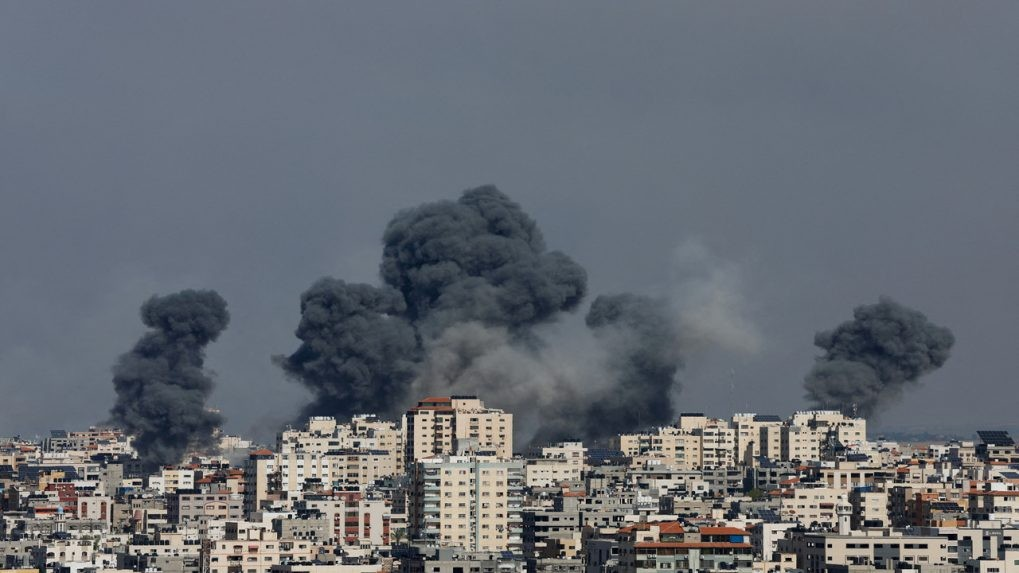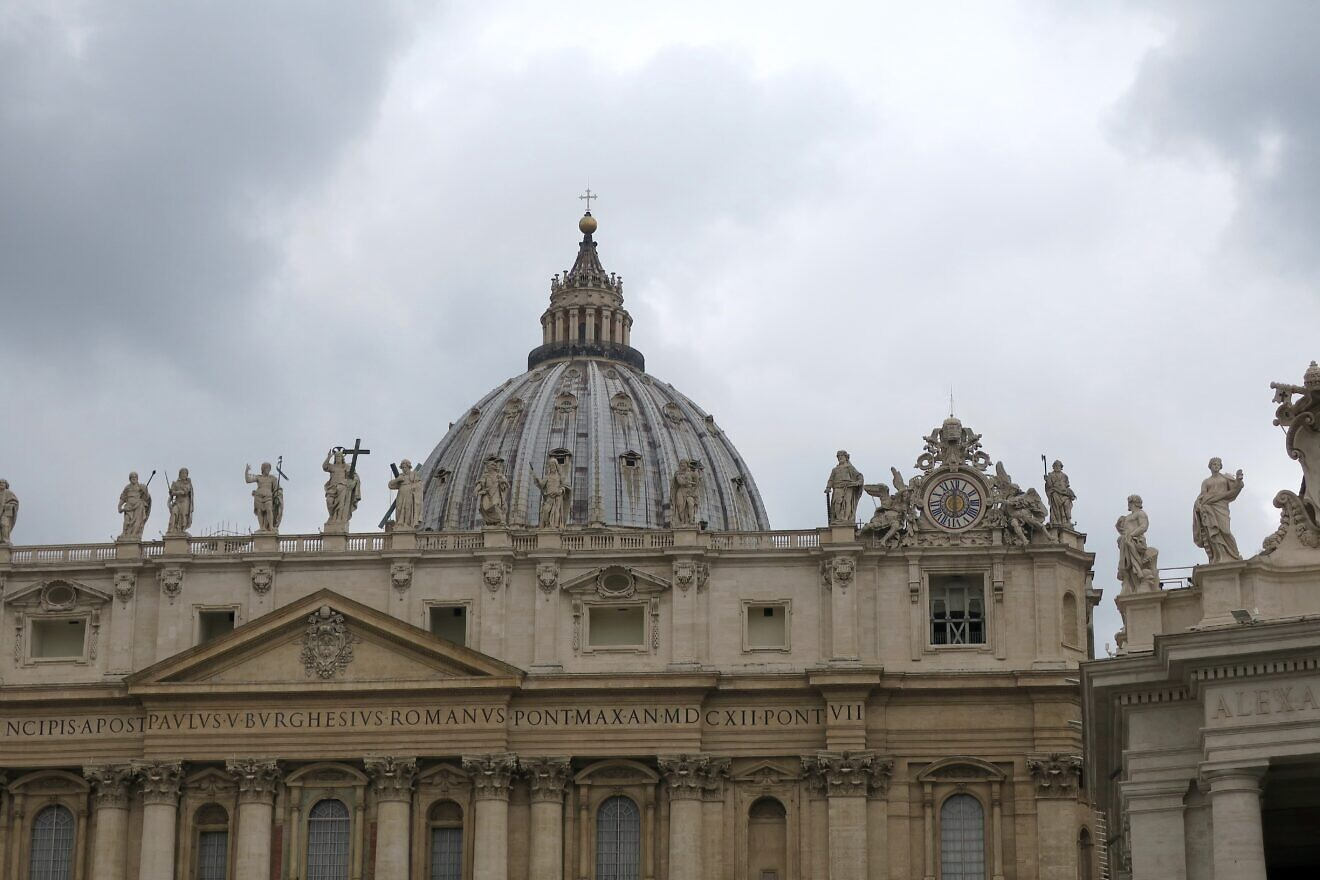In his annual Christmas address, Pope Francis referred to the bombing of children as an act of cruelty, a statement perceived as a condemnation of Israeli airstrikes in Gaza. Israel’s Foreign Ministry responded strongly, accusing the Pope of ignoring the broader context of terrorism and its impact.
The ongoing conflict between Israel and Gaza continues to spark debates and controversies worldwide, with differing narratives framing the actions of both sides. Recently, comments by Pope Francis have drawn sharp criticism from Israel, further intensifying the discourse.
Israel’s Response to Pope Francis’ Remarks
Pope Francis’s statement, “Yesterday, children were bombed. This is cruelty. This is not war,” was seen as a direct reference to Israeli airstrikes in Gaza.
The Pope’s comments came shortly after a controversy involving a Nativity scene at the Vatican, which featured baby Jesus wrapped in a Palestinian keffiyeh, drawing backlash from Israel.
Israel’s Foreign Ministry issued a pointed response, emphasizing the complexities of the situation and accusing the Pope of failing to consider the full context of Israel’s actions.
The Ministry stated, “Cruelty is terrorists hiding behind children while trying to murder Israeli children; cruelty is holding 100 hostages for 442 days, including a baby and children, by terrorists and abusing them.”
The statement further elaborated that Israeli airstrikes specifically target terrorists, who frequently use civilians, including children, as human shields. It also criticized the Pope’s remarks as being disconnected from the realities of Israel’s fight against jihadist terrorism, which escalated following Hamas’s attacks on Israeli communities on October 7.
The Broader Context of the Conflict
The October 7 attacks by Hamas marked a grim turning point, resulting in over 1,200 fatalities and the abduction of 252 individuals, including foreign nationals. Hamas’s actions, described as acts of terror by Israel, also include the long-term captivity of Israeli civilians and the withholding of the remains of soldiers killed in prior conflicts.
Read : Iran Is Hiring Children to Attack Israeli Targets in Europe
In its ongoing operations, Israel asserts that its military actions are necessary to dismantle terrorist networks embedded within civilian areas in Gaza. These operations, however, have drawn widespread international criticism, with accusations of disproportionate use of force and harm to civilians.
Read : Colombia Suspends Coal Exports to Israel Due to War in Gaza
Pope Francis’s remarks align with the global outcry against civilian casualties in the conflict. However, Israel maintains that the civilian toll is a direct result of Hamas’s tactics, which involve using residential areas and public spaces as cover for militant activities. Israel’s stance underscores the moral and strategic challenges it faces in addressing threats while striving to minimize harm to non-combatants.
The Vatican’s Role and Repercussions
This is not the first instance where the Vatican and Pope Francis have attracted Israeli criticism over their stance on the Israel-Palestine conflict.
In November, the Pope called for an investigation into alleged Israeli “war crimes” and “genocide” in Gaza, further straining relations between the Vatican and Israel.

The controversy surrounding the Nativity scene at the Vatican added to these tensions. The depiction of baby Jesus in a Palestinian keffiyeh was interpreted by some as a political statement, eliciting accusations from Israeli officials of perpetuating harmful stereotypes. Though the scene was removed days later without explanation, its impact lingered in the public discourse.
Amid these controversies, the Vatican’s advocacy for peace and human rights continues to be a cornerstone of its international diplomacy. However, its approach to the Israel-Gaza conflict reveals the challenges of navigating deeply entrenched geopolitical and religious sensitivities.
The exchange between Israel and Pope Francis highlights the complexities and emotional intensity surrounding the Israel-Gaza conflict. While Pope Francis’s remarks resonate with global concerns over civilian suffering, Israel’s response underscores the challenges of combating terrorism within such a densely populated and politically charged region.
As the conflict persists, the need for nuanced dialogue and balanced perspectives becomes increasingly evident. Both sides hold deeply entrenched views, shaped by historical grievances, security concerns, and differing visions for the future.
Navigating these challenges requires not only diplomatic efforts but also a recognition of the human cost borne by all involved.

